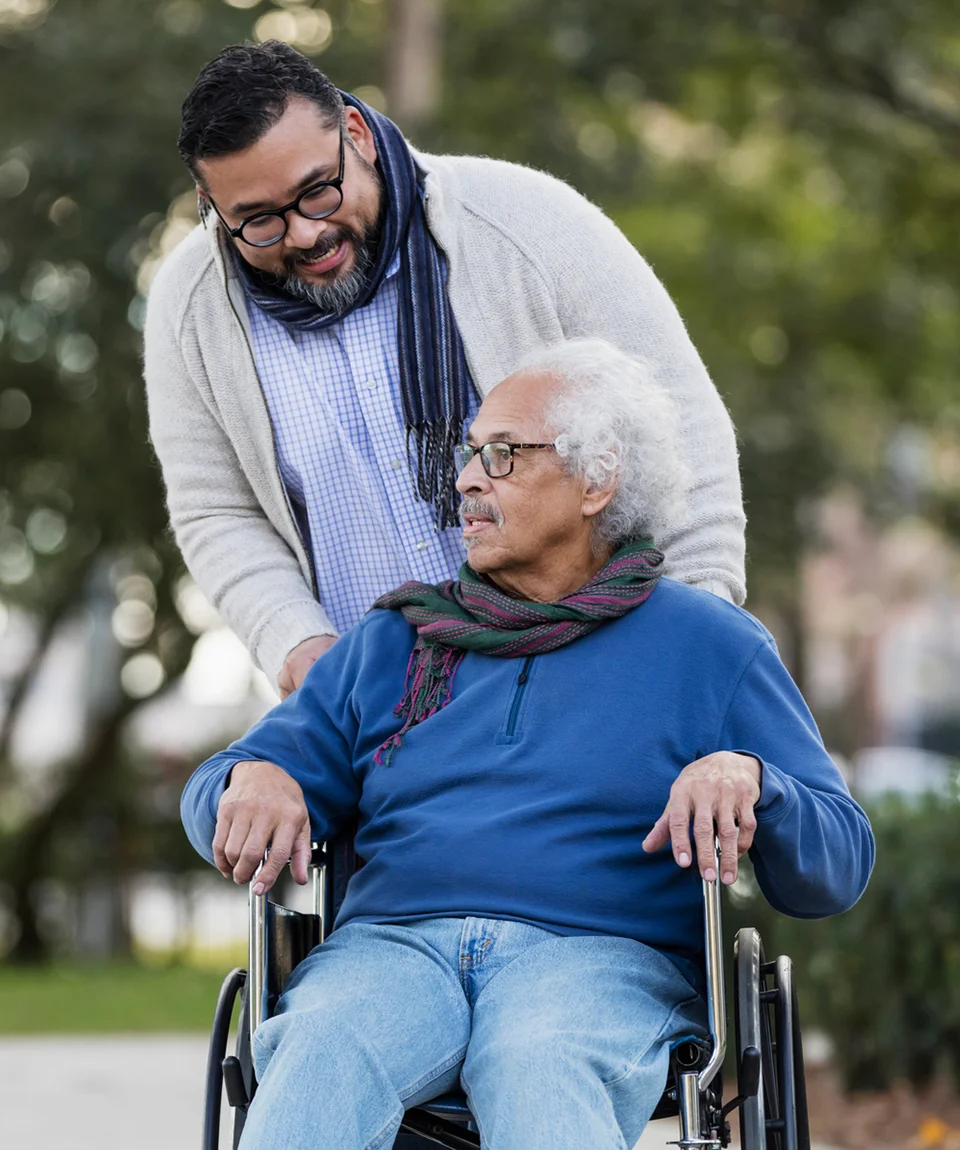Cardiac rehabilitation (cardiac rehab) is a program of exercise, education and counselling designed to help you recover after a heart attack or other heart conditions. This personalized program will help you regain your strength, prevent your condition from getting worse and reduce your risk of having heart problems in the future.
If you have had a heart attack, or heart surgery or have heart disease, your doctor may recommend you join a cardiac rehabilitation program. Talk to your doctor about how to find a program in your area, or contact your public health department or hospital.
Cardiac rehabilitation can be crucial for women’s physical and emotional recovery from heart disease. Women experience more depression than men following a cardiac event, but women are only half as likely to attend and then follow a rehab program. This is for a number of social and economic reasons, beginning with lower referrals from physicians to women not finishing the program because of work or family.
Take an active role in your recovery and speak to your doctor about rehabilitation options. Advocating for your recovery needs could make a big difference in your return to a healthy lifestyle.
Your rehabilitation team
A cardiac rehabilitation team is usually made up of professionals with specialized areas of expertise who work together to improve your physical and emotional health. Rehabilitation programs vary depending on your needs and where you live, but your team may include a physician, exercise physiologist, nurse, occupational therapist, physical educator, dietitian, psychiatrist or psychologist, physiotherapist and social worker.
What’s involved?
Programs vary, but they generally include:
- Medical assessment evaluating your physical abilities, limitations and risk factors.
- Physical activity exercises to improve your cardiovascular and muscular fitness.
- Lifestyle education expert advice about diet and nutrition.
- Psychosocial support strategies for managing depression, anxiety and returning to work.
The benefits
Cardiac rehabilitation will help you regain your strength and independence, and overcome your anxieties and fears. You’ll learn how to make heart-healthy living a part of your life – for the rest of your life. And along the way, you’ll also meet a support group of professionals and people just like you dealing with the same challenges you face each day.
Related information
Read our brochure Living well with heart disease: a guide for people with coronary artery disease
If you can’t find a cardiac rehab program in your community, help yourself by following the program outlined in Taking Control of your Physical Recovery. Always check with your healthcare provider before beginning any exercise program.
Read the Canadian Guidelines for Cardiac Rehabilitation and Cardiovascular Disease Prevention to learn more about cardiac rehabilitation and heart disease prevention. The Guidelines are a comprehensive, evidence-based resource for cardiovascular chronic disease care written for clinical, program, educational and research settings.
